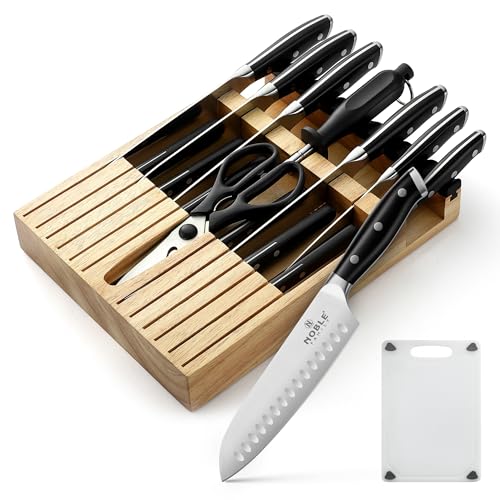Hi everyone- i am about 2.5 weeks into an elimination diet, where i have cut out any number of food items. I'm trying to do a bit of a health reset after a bad year or two and also get som GI issues under control as I stare my 50th birthday down the barrel. So i have cut out for the time being alcohol, coffee, meat/poultry, wheat products, dairy (except for Kefir), artificial sweeteners and legumes. I have also started excluding most nuts other than almonds to this as some seem to be GI triggers for me (trying to minimize the TMI here sorry)...the almonds seem to be okay. One of the foods that are considered high in FODMAPs are onions and garlic. Now, cooking without these have been difficult and I'm hoping when i start adding foods back after a few more weeks to test my system that they will be okay. for now, i'm flavoring the oil with onion and garlic pieces and removing them as the irritants in the foods are water-soluble, not oil-soluble so i can get some flavor that way.
Anyway, curious if there are others who have adopted a low fodmap diet and what your experiences are. Any tips/tricks to keep away from inflammatory foods while maintaining an interesting diet would be appreciated
thanks!
Damon
Anyway, curious if there are others who have adopted a low fodmap diet and what your experiences are. Any tips/tricks to keep away from inflammatory foods while maintaining an interesting diet would be appreciated
thanks!
Damon
























